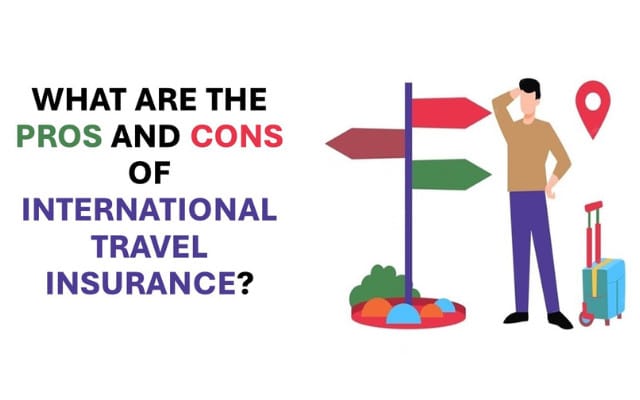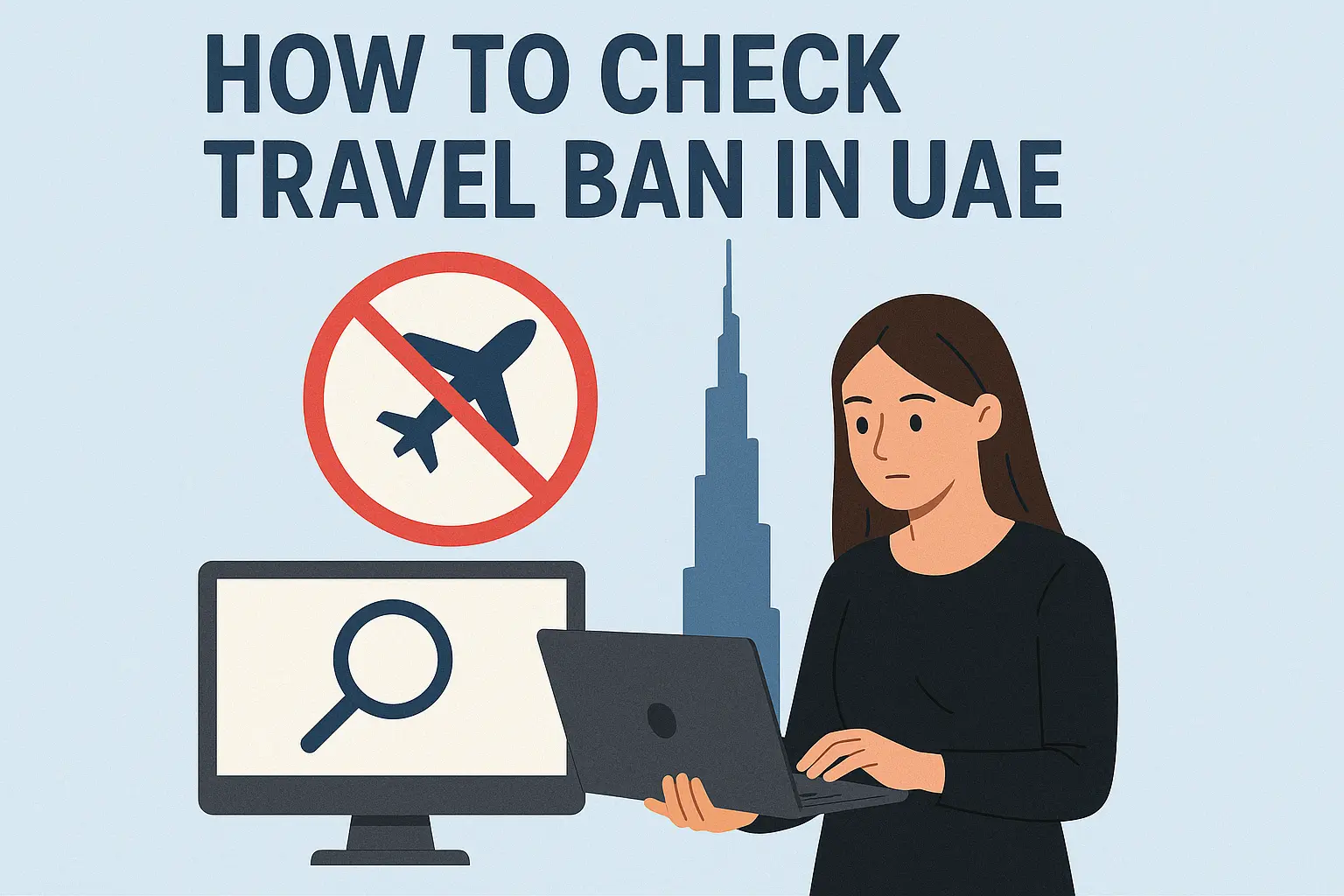Imagine this: You’re soaking up the sun on a serene Bali beach, feeling completely at ease, when you return to find your bag and passport gone. Suddenly, a carefree vacation becomes a source of panic and stress—stranded, vulnerable, and unsure of what to do next. This is where international travel insurance makes all the difference. Beyond covering costs, it provides crucial support, ensuring you have help to replace lost documents and manage emergencies, easing the anxiety of being in an unfamiliar place without essential items.
This guide highlights the pros and cons of overseas travel insurance to help you decide if it’s a wise investment for your next trip.
What is international travel insurance?
International Travel Insurance provides coverage for various unexpected situations while travelling abroad. These policies typically cover:
- Medical emergencies: Unexpected illnesses or injuries that require medical attention.
- Trip cancellations: Reimbursement for prepaid, non-refundable trip expenses if you have to cancel for a covered reason.
- Lost or stolen belongings: Compensation for lost, stolen, or damaged luggage and personal items.
- Travel delays: Coverage for additional costs incurred due to flight delays or cancellations.
Why consider international travel insurance?
Travelling can be unpredictable, and you could face significant financial burdens without insurance. For instance, medical costs can quickly escalate if you fall ill in a foreign country. Worldwide travel insurance provides a safety net, ensuring you can enjoy your trip without worries.
Pros of international travel insurance
1. Medical coverage in foreign countries
One of the main advantages of foreign travel insurance is the medical coverage it provides. Healthcare costs can be significantly high in some countries, especially for tourists without insurance. For example, a simple visit to a doctor in the United States can cost upwards of AED 800, while hospitalisation can run into thousands, as noted by MSH International.
Similarly, healthcare expenses are significantly high in countries like Switzerland, where the average per capita cost is around AED 29,570, and Germany, where it is AED 29,380. In Norway, the annual average is AED 28,930, as per the World Population Review.
Knowing that medical emergencies are covered can help you travel with ease, especially in countries where healthcare is expensive. Some international health travel insurance plans even cover more extensive medical needs abroad.
Many international insurance plans also include access to a network of trusted healthcare providers, ensuring you receive quality care.
2. Protection against trip cancellations and interruptions
Life is unpredictable, and sometimes, you may need to cancel your trip due to unforeseen circumstances such as illness, family emergencies, or even natural disasters. International travel insurance can cover non-refundable expenses, saving you from a significant financial loss.
You can travel with ease, knowing you’re covered if something goes wrong before or during your trip. It’s important to compare different overseas travel insurance options to find the best coverage for your needs.
3. Coverage for lost or stolen luggage
Losing your luggage can be tormenting, especially when you’re far from home. Overseas travel insurance often includes compensation for lost, stolen, or damaged belongings, allowing you to replace essential items without the added stress.
You can replace necessary items quickly without worrying about the cost. This is particularly beneficial if you have valuable equipment or electronics. If your luggage is delayed, some policies even cover the cost of purchasing essential items like clothing and toiletries.
4. Assistance services
Many foreign travel insurance policies come with 24/7 assistance services that can be priceless when in a bind. These services can help with everything from finding a local doctor to arranging emergency evacuations.
Access to a team that can help you in your native language can be incredibly comforting when facing a crisis abroad.
Cons of international travel insurance
1. Cost of premiums
One of the main drawbacks of international travel insurance is the cost. Premiums vary widely based on age, destination, travel duration, and the required coverage level. For example, a 60-year-old travelling to the United States for two weeks may pay significantly more than a 25-year-old travelling to Europe. You should weigh the cheap travel insurance international cost against the potential risks and expenses of travelling uninsured.
Additionally, premiums can fluctuate based on the type of trip. For instance, a frequent business traveller opting for multi-trip coverage might pay more upfront than a vacationer buying single-trip insurance. However, the per-trip cost could be lower for frequent travellers over time.
On the other hand, students studying abroad might receive lower premiums if they opt for longer-term plans that cater to their needs. Comparing the costs for various traveller profiles can help determine which policy offers the best value for money.
2. Exclusions and limitations
Not all situations are covered by overseas travel insurance. Policies often include exclusions and limitations, such as pre-existing medical conditions, high-risk activities, or specific destinations.
For example, most insurers will not cover medical expenses related to pre-existing conditions unless explicitly stated. Similarly, injuries resulting from adventure sports like bungee jumping, skiing, or scuba diving may not be covered unless you purchase additional, specialised coverage.
A real-world scenario highlighting this would be during the COVID-19 pandemic when many travellers assumed they were covered for trip cancellations or medical care, only to discover that their policies excluded pandemics. These exclusions can catch travellers off guard, so reading the fine print and understanding what is and isn’t covered before purchasing a plan is essential. For example, if you plan to go to ski or scuba diving, ensure your policy includes these activities.
3. Claim denials and delays
Another downside is the potential difficulty in filing claims and receiving reimbursements. Some travellers have reported challenges with claim denials or lengthy processing times. For instance, an international traveller might assume their policy covers a stolen camera, only to discover that electronic items have limited coverage.
4. Duplication of coverage
Sometimes, you might already have sufficient coverage through other means, such as credit cards or existing health insurance. Buying additional international insurance might result in unnecessary expenses.
Before purchasing a separate policy, review any coverage you may already have through other sources, such as travel insurance international options.
When should you consider getting international travel insurance?
Purchasing travel insurance depends on how you want to be protected while travelling abroad. But you should consider getting it in the following cases:
- High-risk destinations or activities: Travelling to remote areas or engaging in adventure sports increases the risk of accidents, making insurance essential for covering emergencies.
- Non-refundable expenses: If you have significant pre-paid costs, such as flights or accommodations, insurance can reimburse you if you need to cancel unexpectedly.
- Extended or family trips: For trips longer than a month or family vacations, insurance provides coverage for medical emergencies, lost luggage, and unexpected cancellations.
- Valuable equipment: If you’re carrying expensive electronics or equipment, insurance protects against loss or damage.
- Existing health conditions: Travellers with conditions like heart disease or diabetes should have insurance to cover potential medical needs abroad. This is particularly important for international medical insurance policies.
- Senior or frequent business travel: Older travellers or frequent flyers benefit from comprehensive or multi-trip policies that cover age-related health issues or business-related risks.
These are key situations where travel insurance provides peace of mind and financial protection, ensuring you’re prepared for the unexpected on your journey.
Final takeaway
International travel insurance can be a valuable security shield for travellers, offering coverage for unexpected medical expenses, trip cancellations, and lost belongings. However, it’s important to weigh the pros and cons, understand the terms of your policy, and assess your personal needs before making a decision.
Remember, every trip is unique, and having the right insurance can make all the difference in ensuring a worry-free journey.
Frequently Asked Questions (FAQs)
What does international travel insurance typically cover?
Most policies cover medical emergencies, trip cancellations, lost luggage, and travel delays. However, coverage can vary, so it’s important to check the specifics of each policy.
Is international travel insurance worth it?
This depends on your personal situation, including your health, travel plans, and risk tolerance. For many, the peace of mind travel insurance provides is worth the cost.
Are pre-existing conditions covered by travel insurance?
Most travel insurance policies exclude pre-existing conditions, though some may offer coverage at an additional cost or under specific circumstances.
Can I buy travel insurance after booking my trip?
You can purchase travel insurance after booking, but it’s generally recommended to do so as soon as possible to ensure full coverage.






